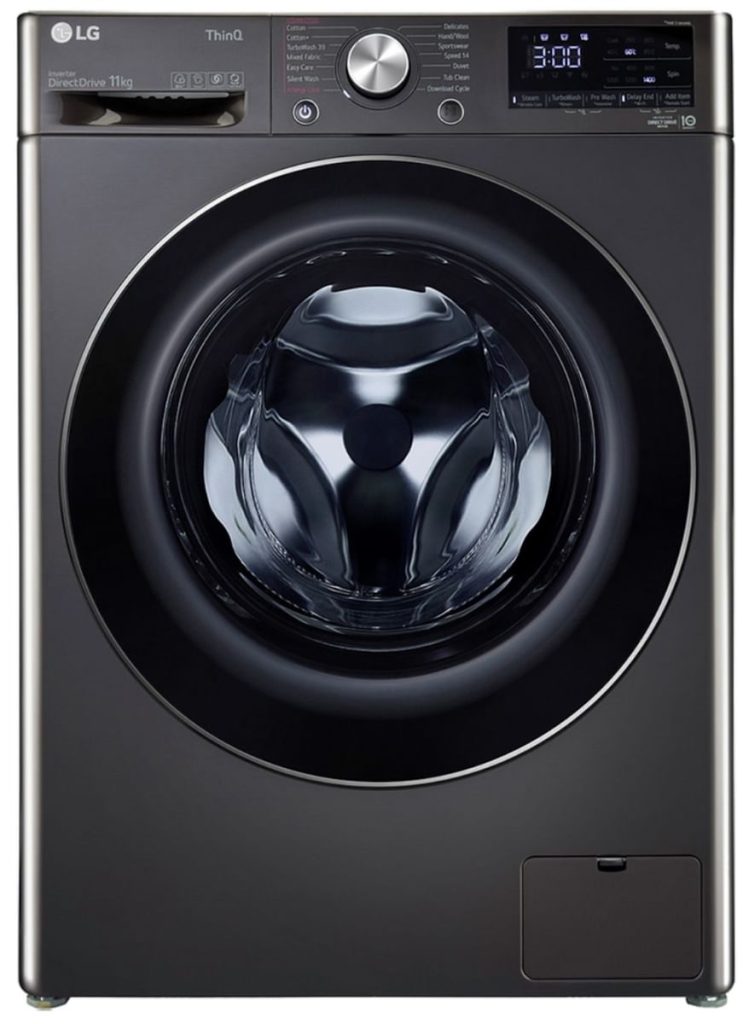In a world increasingly conscious of the environmental impact of everyday actions, home appliances have come under scrutiny for their energy consumption. Among these, washing machines have long been a significant contributor to household energy usage. However, a new wave of energy-efficient washing machines is now hitting the market, promising both cleaner clothes and greener living. The quest for energy-efficient appliances is not new, but in recent years, it has gained renewed momentum. Consumers are more aware of their environmental footprint, and governments worldwide are implementing stricter regulations to curb energy wastage. Washing machines, a common fixture in nearly every household, were ripe for innovation. These new energy-efficient washing machines come with a range of features that set them apart from their predecessors:
Low Water Consumption – Traditional washing machines use a significant amount of water for each load. Energy-efficient models, on the other hand, are designed to optimize water usage. They use sensors to determine the load size and adjust the water levels accordingly, ensuring that no more water is used than necessary.

Advanced Washing Technologies – These machines incorporate advanced washing technologies that ensure thorough cleaning while using less energy. The use of variable speed motors allows for better control over the washing cycle, ensuring that energy is not wasted during operation.
Improved Insulation – Energy-efficient washing machines often have better insulation, which helps maintain water temperature during the wash cycle. This means that less energy is needed to heat the water, reducing the overall energy consumption.
Energy and Water-Saving Wash Cycles – Most of these machines come with specific wash cycles designed to reduce both energy and water usage. For instance, quick wash cycles are efficient for lightly soiled clothes, while eco-friendly cycles use cooler water temperatures.
Smart Technology – Many of the new washing machines are equipped with smart technology that allows users to monitor and control their machines remotely through smartphones or tablets. This not only enhances convenience but also ensures that machines are not running needlessly when not in use.
Energy Efficiency Ratings – Energy-efficient washing machines are often equipped with energy labels, such as the ENERGY STAR rating, that make it easy for consumers to identify models that meet specific energy efficiency standards.
The advantages of energy-efficient washing machines extend beyond reduced energy bills. These appliances play a crucial role in environmental conservation:
Reduced Carbon Footprint – By using less energy and water, energy-efficient washing machines significantly reduce the carbon footprint associated with doing laundry. This is especially important in regions where electricity generation relies on fossil fuels.
Water Conservation – Water is a finite resource, and using less of it for washing clothes helps conserve this precious commodity. In places facing water scarcity, this is particularly significant.
Lower Detergent Usage – Some energy-efficient washulp machines have settings that allow for the use of less detergent, further reducing the environmental impact by decreasing the chemicals released into wastewater.
Extended Appliance Lifespan – Energy-efficient machines are often designed with durability in mind. Their longer lifespans mean less waste from discarded appliances, reducing the burden on landfills.
Government Incentives – Many governments provide incentives and rebates for purchasing energy-efficient appliances, making them more accessible and affordable for consumers.